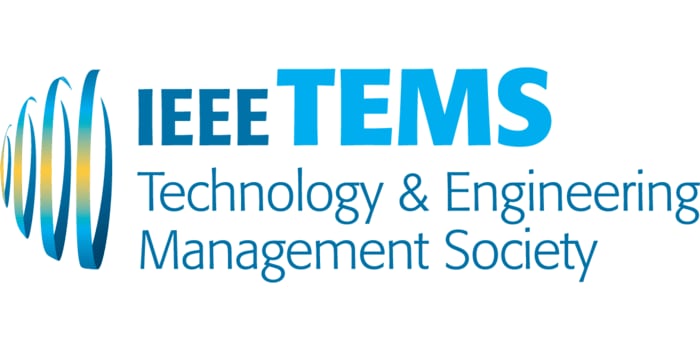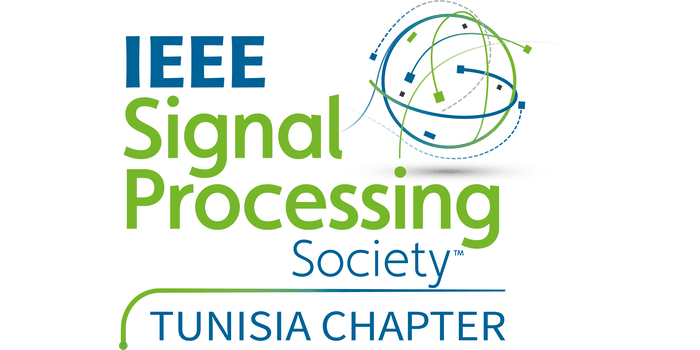Workshop:
AI for Energy Demand and Charging Infrastructure in Smart Cities
The growing adoption of Electric Vehicles (EVs) presents significant challenges and opportunities for urban energy management and charging infrastructure. As EV penetration increases, so does the electricity demand, necessitating smarter, more efficient grid management solutions. Traditional energy distribution systems are not designed to handle the unpredictable nature of EV charging patterns, leading to potential grid instability, peak load issues, and inefficient utilization of available resources.
Artificial Intelligence (AI) has emerged as a powerful tool for addressing these challenges. AI-driven predictive models can forecast energy demand, allowing utilities to optimize grid operations and prevent overload scenarios. Smart charging infrastructure powered by AI can dynamically allocate charging resources based on real-time energy availability, traffic conditions, and user demand. Additionally, AI can facilitate Vehicle-to-Grid (V2G) integration, where EVs contribute excess stored energy back to the grid, promoting stability and efficiency. This workshop aims to bring together researchers, industry professionals, and policymakers to discuss innovative AI applications for managing energy demand and optimizing EV charging infrastructure. By fostering interdisciplinary collaboration, the session will explore how AI can enhance grid resilience, reduce carbon footprints, and ensure the seamless integration of EVs into smart cities. Addressing these issues is crucial for achieving sustainable urban mobility and advancing the transition to cleaner energy systems.
Topics of Interest
The integration of Electric Vehicles (EVs) into smart cities demands efficient energy forecasting and optimized charging infrastructure. Artificial intelligence (AI)-powered solutions can enhance grid stability, improve charging station deployment, and balance energy loads effectively. This special issue aims to bring together researchers, industry professionals, and policymakers to explore cutting-edge AI applications for managing EV energy demand and optimizing charging infrastructure. We seek contributions addressing, but not limited to, the following topics:
- Energy Demand Management: AI-driven forecasting for optimizing EV charging schedules and reducing peak loads
- Smart Charging Infrastructure: AI-based dynamic allocation of charging resources and optimal station placement
- Vehicle-to-Grid (V2G) Integration: AI models for enabling bidirectional energy flow between EVs and the power grid.
- Renewable Energy Utilization: AI-enabled strategies for integrating renewable energy sources into EV charging networks
- Policy and Regulatory Considerations: AI’s role in shaping policies for efficient EV energy
distribution and charging station deployment.
This special issue will serve as a platform for knowledge exchange, fostering collaboration among researchers, industry experts, and policymakers. By advancing AI-driven solutions for EV energy management, we aim to contribute to the development of sustainable and intelligent urban energy systems.
Program including speakers and duration of each talk: TBD
Acknowledgment
All these research topics fall within the objectives of the MOST – Sustainable Mobility Center and received funding from the European Union Next-GenerationEU (PIANO NAZIONALE DI RIPRESA E RESILIENZA (PNRR) – MISSIONE 4 COMPONENTE 2, INVESTIMENTO 1.4 – D.D.1033 17/06/2022, CN00000023)


















